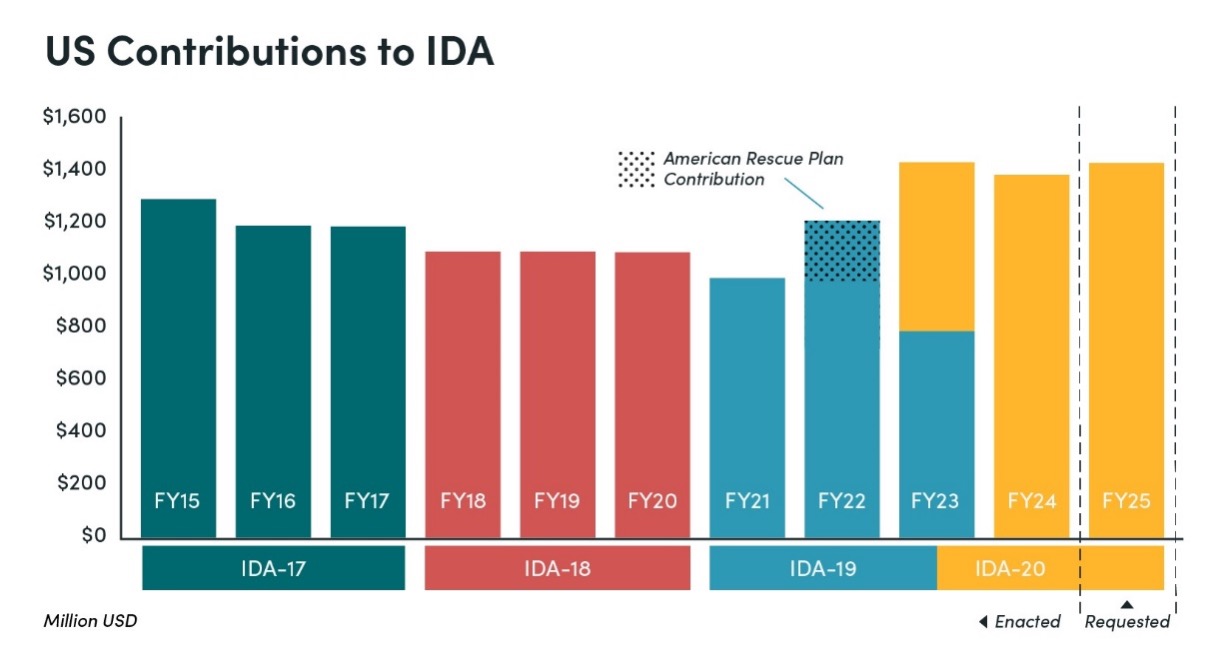U.S. Sen. John Kerry's recent speech at the World Bank hit all the right notes—and may have set World Bank management back on its heels a bit. Sen. Kerry expressed frank views, especially on increasing the voice of developing countries in Bank governance and on the Bank's role in addressing climate change.
On the question of when and how to give developing countries greater say in Bank management and operation, Sen. Kerry's views were broadly in line with those of the Zedillo Commission, namely that it is long overdue for European countries to relinquish some board seats to make space for emerging economies:
Governance at these institutions must reflect the economic realities of today. China now represents over eleven percent of global GDP. But at the IMF and World Bank, Belgium and the Netherlands together have more voting shares than China does. In the interest of creating more effective institutions to address shared challenges, it is important that we address the question of shared power, and I will continue to push Secretary Geithner and the Administration to rebalance representation and voting weights. We cannot expect to have legitimacy in these endeavors if an old paradigm is governing a new world.
(For CGD work on reforming the global financial institutions, see Nancy Birdsall's speech ahead of the Pittsburgh G-20 Summit, "The Crisis Next Time," and Vij Ramachandran's testimony before the House Financial Services Committee. Nancy and Vij further advocate that reform must include enhanced project evaluation and product innovation.)
Sen. Kerry also pushed the idea of empowering women in the developing world:
I'm pleased that President Zoellick has committed the Bank to being at the forefront of efforts to empower women, including the Gender Action Plan and gender investments in the IDA 16. Providing women greater access to capital has positive benefits for just about every development indicator, from health to security. This is a smart and financially sound bet.
Few in the Bank would disagree with this thrust, which has also been the topic of recent work here at the Center. (For CGD work on why and how women's wellbeing is inexorably linked to development goals—and practical ideas for what all the main development actors including the World Bank could do better, see Ruth Levine's Start with a Girl).
The bulk of Sen. Kerry’s speech focused on the Bank’s role in confronting climate change, an area that requires some significant departures from business as usual.
We can no longer ignore the reality that our planet is currently hurtling toward irreversible and catastrophic climate change. This problem did not begin in developing countries, but finding a solution will depend on addressing their growing contribution to it… If we sacrifice our climate to solve energy poverty, we will be making an inherently short-term bargain. Ultimately, taking that course will endanger the very development we strive to create and perpetuate poverty that countries are struggling to leave behind.
In a passage that cut close to the bone for Bank task managers who until recently insisted that the Bank should continue to fund coal-fired power, Sen. Kerry criticized the Inter-American Development Bank's recent investment in coal-fired power plants and reminded his audience of their "obligation to exercise leadership" among all other global financial institutions.
The Inter-American Development Bank chose to fund two subcritical coal fired plants in Brazil, a country among the richest in Latin America, and a world leader in its use of renewable and clean energy. There is no excuse for this. We need to be far more involved, far earlier, to ensure that alternatives are found for projects like this, and to avoid allocating limited funds toward projects that risk undermining our long-term development goals… We need to rethink our model for calculating cost, and that begins by ensuring that every World Bank project include a carbon accounting, reviewed by the board.
CGD senior fellow David Wheeler, a former World Bank lead economist, has been at the forefront of those who argue that Bank's energy investment decisions should be made in a strategic fashion designed to rapidly bring down the cost of renewable energy, so that it is competitive with coal. In congressional testimony, a working paper and related blog post, he has argued the bank should include carbon accounting in each energy project assessment.
We hope that Sen. Kerry and his congressional colleagues continue to raise development issues, and that CGD's work further advances their efforts to confront these challenges.
CGD blog posts reflect the views of the authors, drawing on prior research and experience in their areas of expertise.
CGD is a nonpartisan, independent organization and does not take institutional positions.





